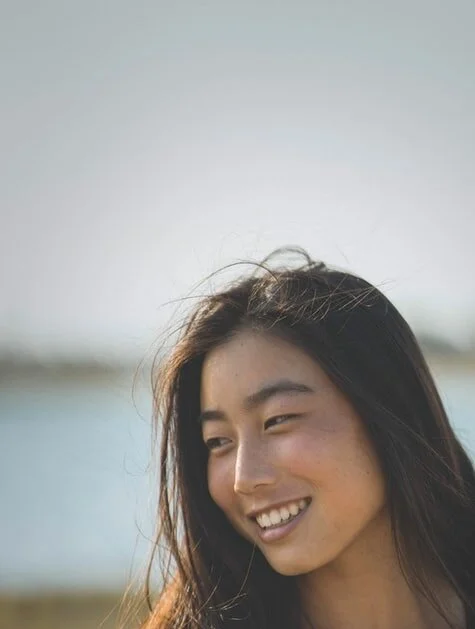IKIGAI: The Japanese Art of Staying Young While Growing Old
Japanese people believe that everyone has an ikigai - a reason for being. Some people have found their ikigai, while others are still looking, though they carry it within them. Our ikigai is hidden deep inside of us, and finding it requires a patient search. According to those born in Okinawa, the island with the most centenarians in the world, our ikigai is the reason we get up in the morning.
The inner core of finding our ikigai is based on our passions, our mission and determining what we love to do but also being mindful of what the world needs. This could be viewed as the heart at work. The Japanese also recognise that Ikigai can likely be determined by profession, what you can be paid for and what you’re good at which translates to the workings of the mind and ego. The balance between the head and the heart is always in conflict, with the law of duality ever present.
Having a clearly defined ikigai brings with it a great deal of satisfaction, happiness and a sense of meaning to our lives. In our modern Western world achieving this seems to be a reality which may seem out of reach with credit card bills, student loan re-payments, cars on finance and high mortgage rates which entraps the majority into doing a job they dislike for a company who’s ethics they don’t believe in. What we spend the majority of our time doing impacts greatly upon our outlook, perspective and belief that a happy and fulfilled life may be a reality.
In Japan there are many people who don’t retire - they keep doing what they love for as long as they are able to. There’s no word in Japanese that means retire in the sense of “leaving the workforce for good” as in English, it transpires that having a purpose in life is so important in Japanese culture that our idea of retirement simply doesn’t exist there.
The Fountain of Youth: Okinawa
A strong sense of community and a clearly defined ikigai are equally as important as the famously healthy Japanese diet. Medical studies of centenarians from Okinawa and other so-called ‘Blue Zones’ - the world regions where people live longest provide an array of interesting facts about these wondrous human beings.
Not only do the people of Okinawa live much longer than the rest of the world’s population, but they also experience fewer chronic diseases and illnesses such as cancer and heart disease. Inflammatory disorders such as rheumatoid arthritis are also less prevalent.
Many of these centenarians enjoy extraordinary levels of vitality and health that would be unthinkable for people of advanced age elsewhere.
Their blood tests reveal fewer free radicals as a result of drinking antioxidant rich green tea and eating until their stomach’s are not at capacity but only 80 per cent.
Women experience more gentle symptoms during menopause and throughout their menstrual cycles and both men and women maintain higher levels of sexual hormones until much later on in life.
The numbers of people with dementia are significantly lower than the global average.
The characters that make up the word ikigai present a notable balance of both yin and yang, masculine and feminine qualities and tendencies. Translations of the characters can be broken down to “life”, “to be worthwhile”, “armour”, “to be the first” which presents a warrior/pioneer masculine type energy mixed with the feminine translations of “beautiful” and “elegant”.
